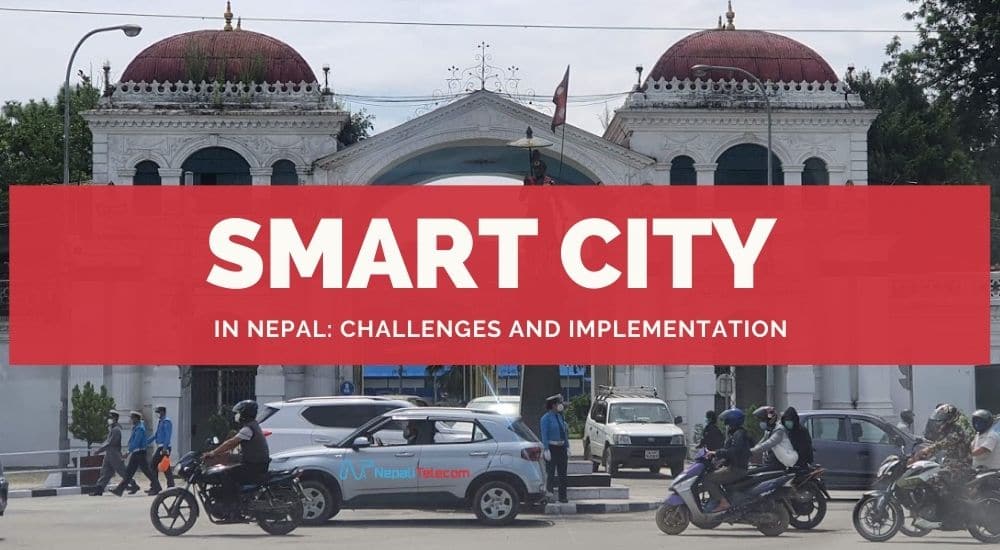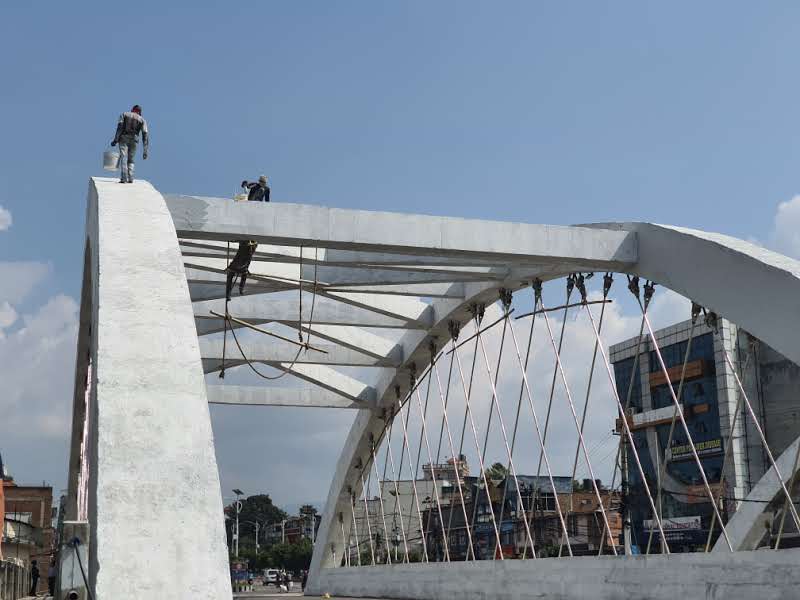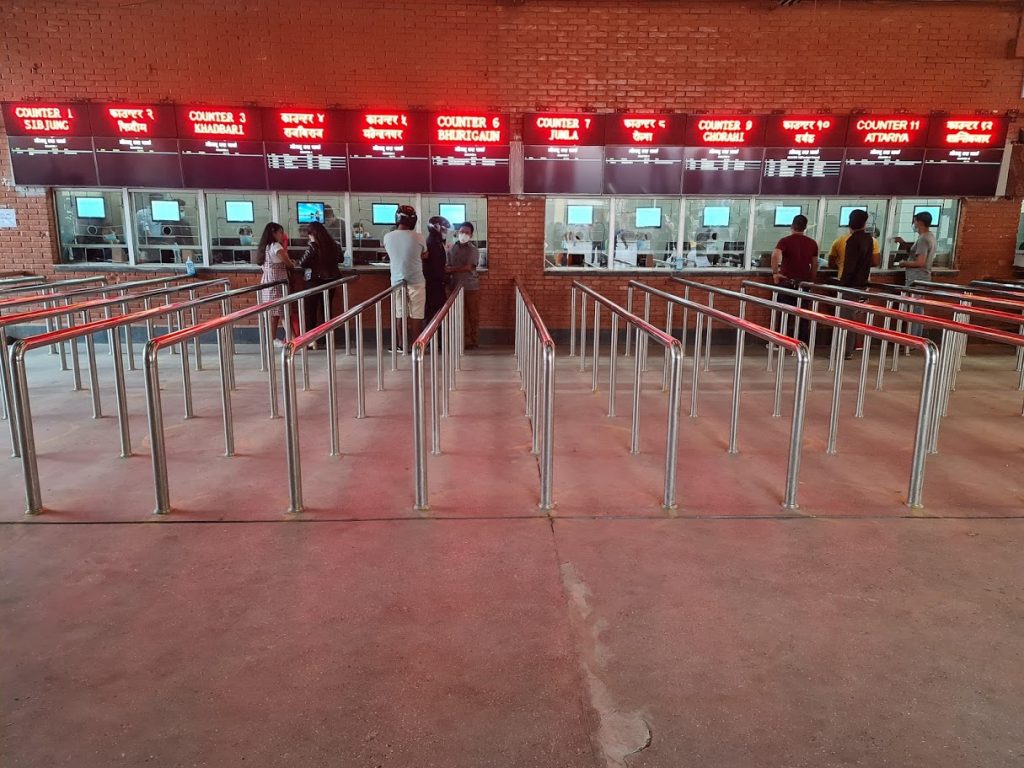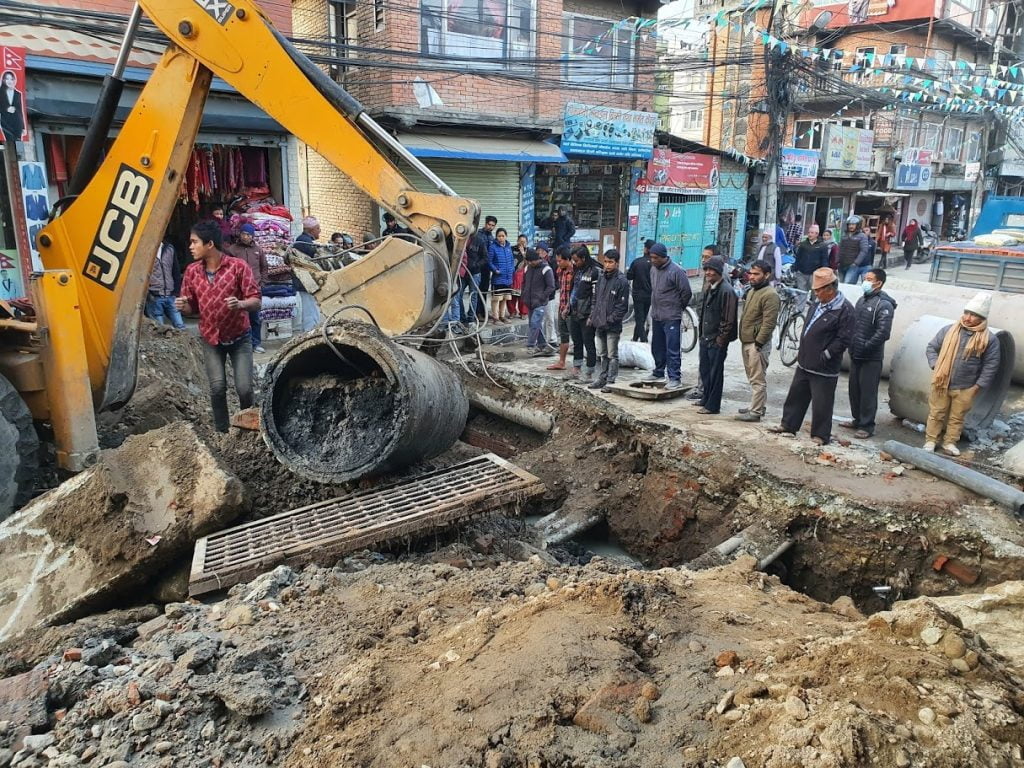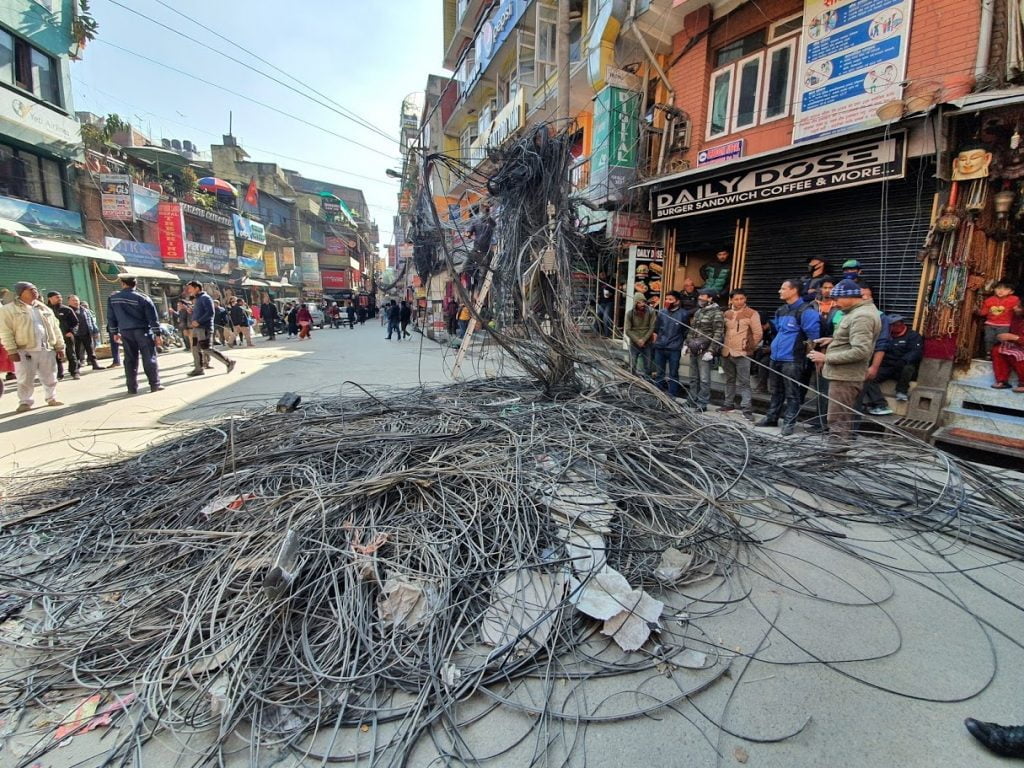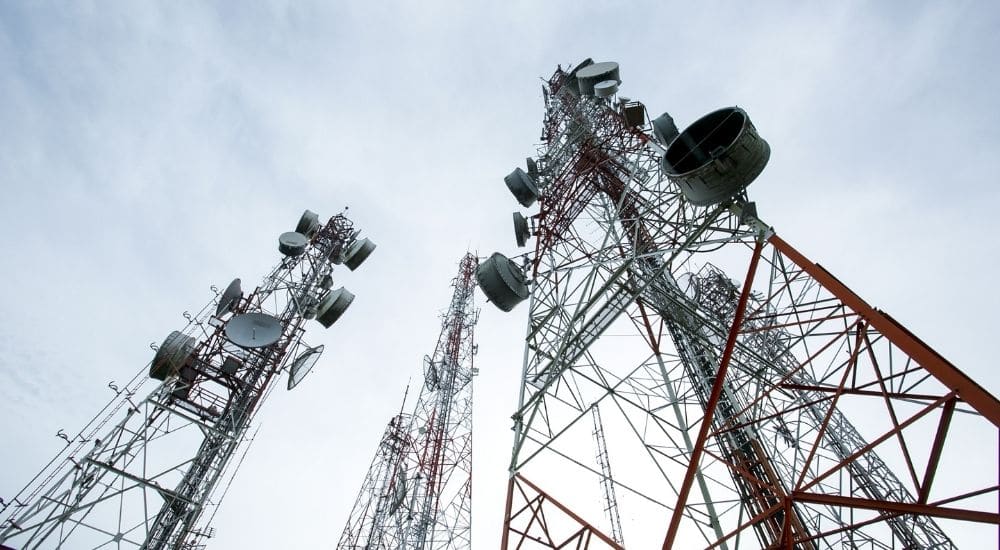Several countries across the world believe in the concept of a smart city, including Nepal. Though the idea of a smart city came to Nepal late, it instantly caught the attention of leaders and people. That’s mainly because it focuses on reducing the issues arisen from urbanization, inefficient manual works, and more. But several projects based on creating smart cities haven’t really taken a pace in Nepal.
Let’s find out Nepal’s position for the required ICT infrastructure and Digitization needed for Smart City.
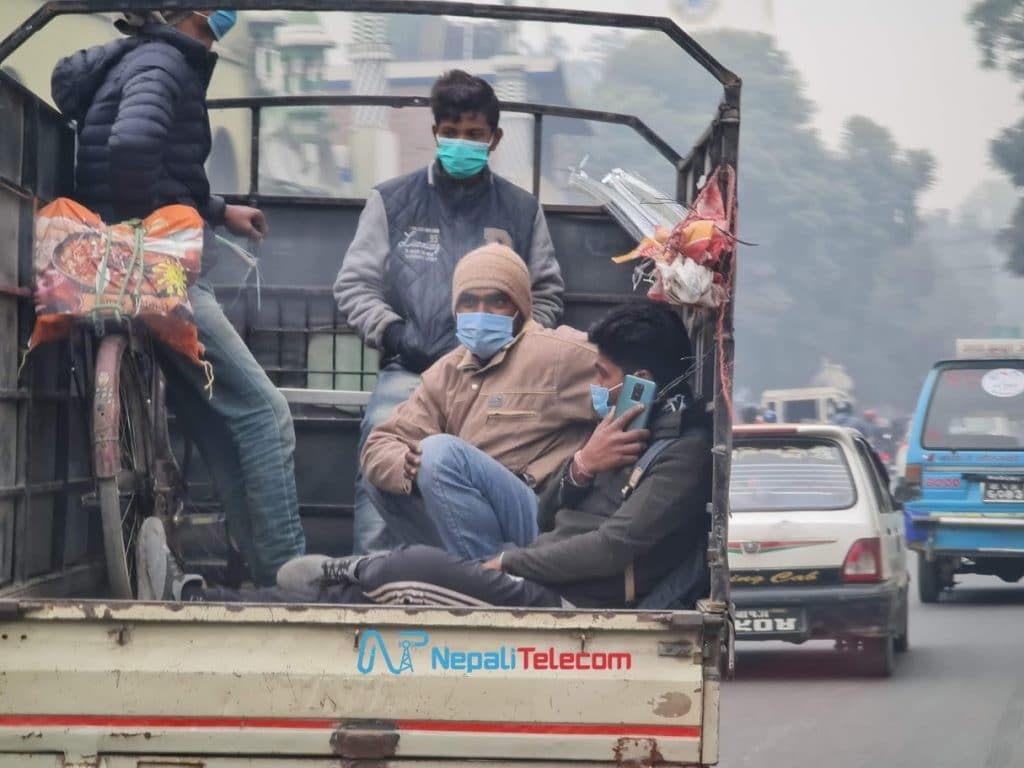
What constitutes a smart city?
A smart-city simply means a city that uses information technologies like the internet, machines, sensors, automation, clean energy in real-time. With real-time data, we can create a well-equipped smart city that improves the overall urban development issues. The concept focuses on improving sustainability and urban development through the efficient use of urban space and technology.
A smart city also constitutes a fully developed transport system to efficiently manage traffic, transportation, land-use, dense human settlement. It also consists of a renewable energy generating system, architectural designs that reduce urban heat, systematic and eco-friendly collection and disposal of waste, reliable/affordable internet service for smartphone users, etc. The foundation of a smart city is based on the concept of the “Internet of Things” (IoT). A virtual connection is created in a system of physical objects to exchange data in real-time.
Challenges of a smart city in Nepal
A smart city is not only highly technical but also costly mainly because of the requirement for the establishment of various physical infrastructures. A contemporary smart city should be based on a cost-effective analysis. It is something the cities of Nepal are unable to incorporate.
The investment is generally in digital infrastructure, transportation systems, high-speed wireless internet systems, fiber optics, sensors, cameras, architectural design, etc. Several other costs add up for a well-furnished sustainable system. And it needs to be inculcated in all the cities. All the cities of Nepal may not be the priority for now but a major city like Kathmandu still lacks the facilities and artificial intelligence that a smart city demands.
Authorities talk about the idea of a smart city frequently, but they are unable to convert their promises into reality. Years pass by, and people still struggle with the same issues that they were tolerating for ages. The government takes years to implement a project in Nepal that can actually bring changes in our traditional life. For example, Transportation management, Ticketing system, tax payment, seamless connectivity from any technology or 5G, etc.
For connectivity, that is a must for any digital, 4G has not yet reached all the places of the country, not even available throughout a city. Similarly, the testing of 5G networks has not started yet, while the government initiation to prepare for 5G has just begun, yet nothing seems to proceed. Our cities are still struggling with drainage problems, scarcity of drinking water, muddy roads, no surveillance camera for security, overhead wires, unmanaged parking area, and the list goes on. So, the challenge lies in the overpromise of the leaders and unstable government.
As for 2021, Nepal has seen a lot of turbulence due to the Covid-19 outbreak. Though the pandemic situation has opened new doors towards digitalization in Nepal, the latest instability is taking a toll on our future.
How can we implement a smart city?
To implement sustainable smart cities in Nepal, thorough planning and proper execution are necessary. The government, service providers, and several stakeholders are already taking action to digitize our cities. For example, Worldlink brings Express WiFi, which comes a free internet in hotspot areas. Other than that, the Sajha bus, a passenger-friendly bus, is a modern touch to a traditional bus. Solar-powered automated street lights are being placed in several areas. Digital hoarding boards replaced traditional hoarding boards. A number of changes occurred in the past few years.
Despite a good start of adopting new innovations, we lag behind due to poor implementation of the Urban development model. What we can perhaps do is start from a local level. The local administration can make their own development plans to create infrastructure as per their needs and necessities. Similarly, Public-private participation (PPP) can increase efficiency and reduce cost.
We can conclude that digitalization is the key to implementing a smart city. In the context of Nepal, transformation is necessary to start from basic infrastructure. Basic services like getting information about a bus arrival in a station, speed checker, CCTV placement, etc are not that hard to implement. Whereas for a complete overhaul design and implementation of Smart city, the government might have to select a spare land for a better plan from the very start.
A definite framework of digitalizing various features of a city will gradually create a smart city. The process might take long but with the proper framework and guidelines governing the infrastructure, the result will be worth a wait.


